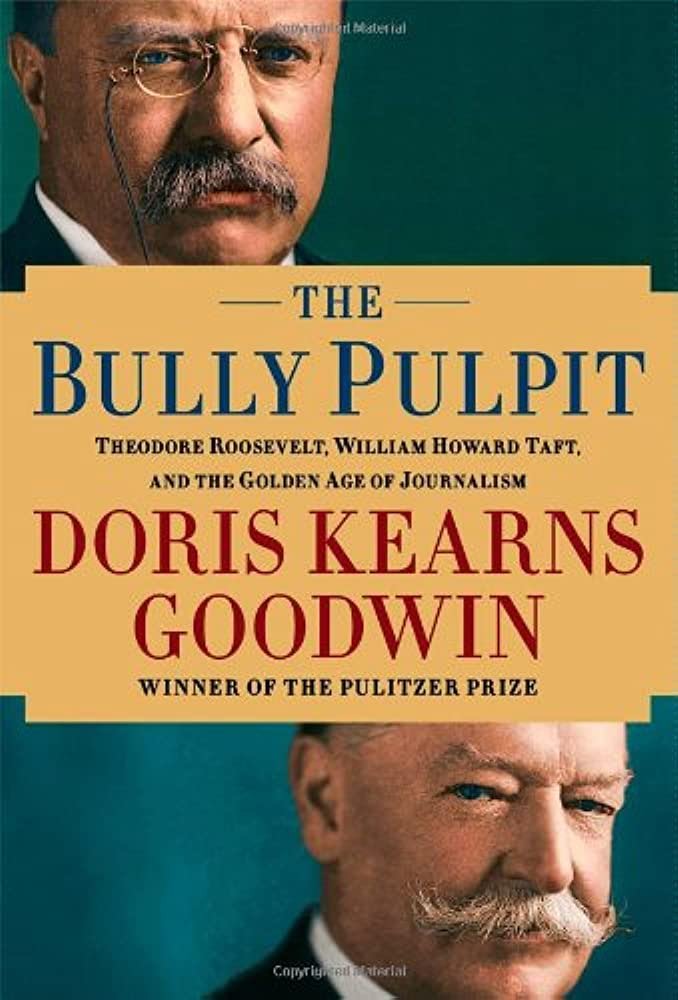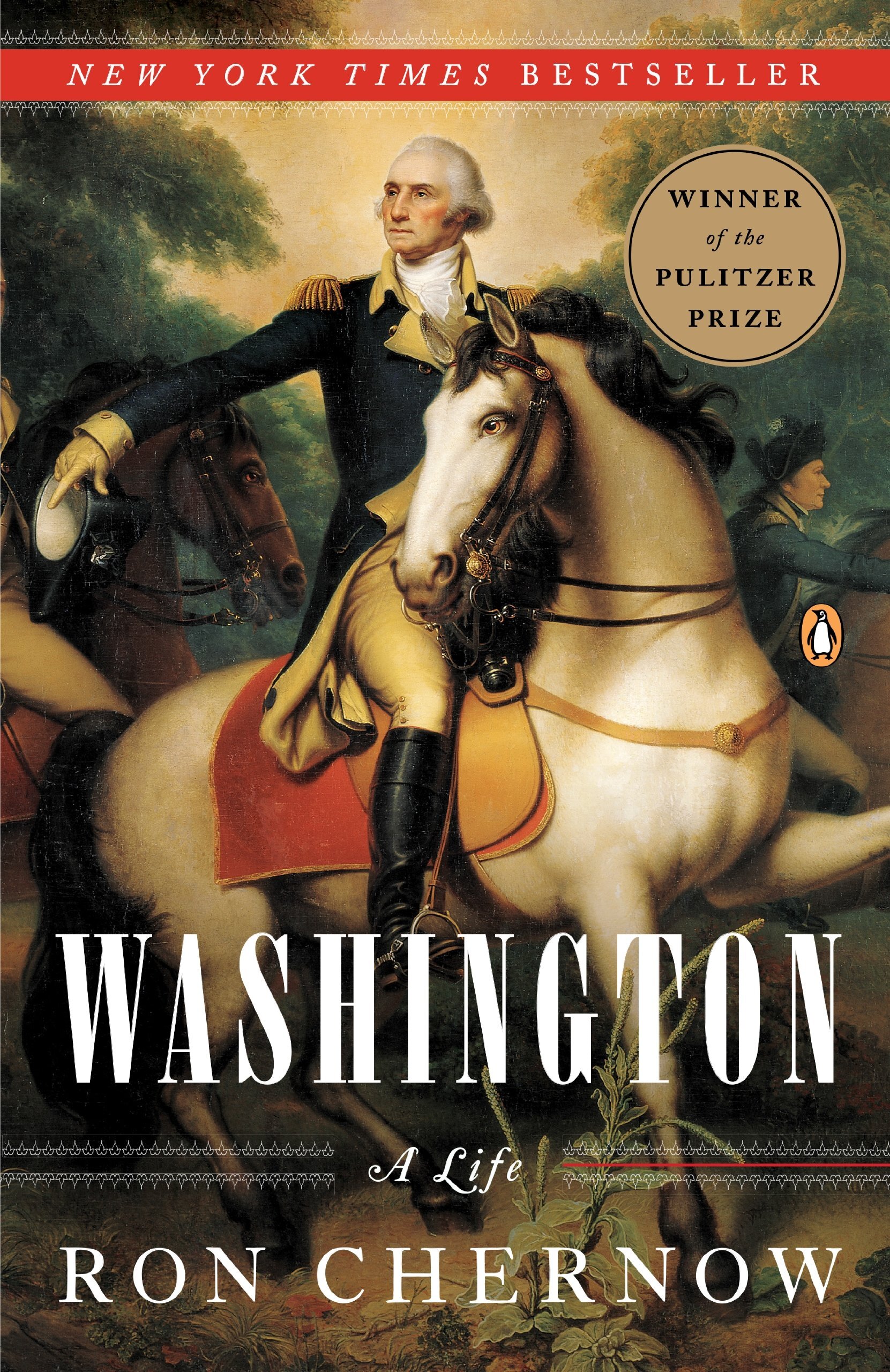Mornings on Horseback by David McCullough
Date read: 2/14/23. Recommendation: 10/10.
The best biography that I’ve read on Theodore Roosevelt—though it only covers his early years from age 10 to 27. These were the years that Roosevelt grew from a fragile child and naive New York assemblyman into a hardened cowboy in the Badlands of North Dakota. McCullough was one of the best biographers and historians we’ll likely ever see. He breathes life into Roosevelt’s coming-of-age, grief, and transformation.
See my notes below or Amazon for details and reviews.
My Notes:
Childhood:
Extremely frail, sickly, undersized, nervous, and timid as a child. Faced chronic stomach trouble, headaches, colds, fevers, and asthma.
He found joy in adventuring, watching birds and animals, anything to do with nature.
Filled his notebooks with descriptions and observations of ants, spiders, beetles, and dragonflies.
Created his own “Roosevelt Museum of Natural History” in the back hall of the fourth floor of his family home.
Spent childhood summers in houses along the Hudson, riding, swimming, and running barefoot. Went on expeditions with his father to the Adirondacks. It fueled his love for nature and the outdoors.
Urgency:
Teddy Roosevelt lived his life with urgency, constantly moving and favoring action.
“Black care rarely sits behind a rider whose pace is fast enough.” Theodore Roosevelt
“He was a figure of incessant activity, of constant talk, constant hurt, a bee in a bottle.” DM
At Harvard, he busied himself with boxing lessons, dance classes, horseback riding, wrestling, and long hikes. He was always ready to join anything with no questions asked. He held an amazing array of interests. Joined the Rifle Club, Art Club, Glee Club, became president of the Natural History Society, started a Finance Club, was named to the editorial board of the Advocate, the undergrad magazine.
Purposeful: “The ever-admiring John Woodbury seems to have been alone in his forecast of distinction. Woodbury, as he said later, figured Theodore might amount to something—as a professor of history perhaps—if only because he seemed to know what he wanted. To most others he remained likable but peculiar and much too intense for comfort.” DM
Transforming himself:
Around twelve years old, his father sat him down and said, “Theodore, you have the mind, but you have not the body, and without the help of the body the mind cannot go as far as it should…You must make your body.”
Teddy started doing daily workouts and built a gym on their own back piazza.
“It was no good wishing to appear like the heroes he worshipped if he made no effort to be like them. Strength had to come first; one must be strong before everything else.” DM
“There was to be a misconception in later years that he conquered his childhood infirmities mainly through willpower and bodybuilding, that he rid himself of asthma by making himself a strong man. But that is not quite the way it happened. First of all, he never would be rid of asthma entirely, and if there was a point at which he clearly found reprieve from suffering of the kind he had known, it came well before he attained anything like rugged manhood. It came when he went to Harvard, when he left home and was on his own in ways he had never been.” DM
“Look out for Theodore. He’s not strong, but he’s all grit. He’ll kill himself before he’ll even say he’s tired.” Doctor Thompson in 1878 cautioning the guides who Roosevelt ventured into the Maine wilderness alongside.
Skating expedition:
Indomitable will: One bitter winter’s day while he was at Harvard, Roosevelt went with Richard Welling, fellow classmate and future prominent New York attorney, on a skating expedition to Fresh Pond. It was bitterly cold, windy, and the ice was rough. Any sane man would have turned around, but Theodore kept exclaiming in delight as they beat their way across the pond, despite not knowing how to skate very well. “The harder the wind blew, the more miserable Welling felt, the greater Theodore appeared to be enjoying himself.” Welling felt his own grit had never been put to the test as much as it was that day and finally after being out on the pond for three hours and it was too dark to see, Roosevelt suggested they venture back home.
Early political career:
At 23, he was the youngest member of the New York Assembly (127 members). But nothing seemed to intimidate him, he plunged ahead, deferred to no one. Spent time mingling with the other assemblymen who were farmers, mechanics, liquor dealers, newspapermen, and lawyers.
During his first term in 1882 (five months), he spoke to everyone he could, grilling them for details on how things were done, issues of the day. He was a voracious reader, working his way through stacks of papers every morning. He saw and formed an opinion on seemingly everything. By his second term in 1883, he knew more about state politics than 90% of the members.
Was relentless in fighting corruption and championing reform. Went to witness and gather information firsthand, as he did with the Cigar Bill. Was willing to change his mind and do the right thing, even if it went against traditional Republican stance.
“He never doubted the moral virtue of any of his own positions or the need to punish the wicked. (At one point he called for the return of the public whipping post as punishment for any man who inflicted brutal pain on a woman or child.)” DM
Acted as a gentlemen doing his part in the public interest, never signaled that he was a ‘professional’ politician as that would have been the equivalent of calling himself corrupt. “Oddly, for all his quick success in politics, the passion and energy he exuded, he was still unable, or unwilling, to accept politics as his lifework. He never spoke of it as a career or calling.” DM
Tragedy:
On February 12th, Alice (Teddy’s wife) went into labor and had a baby girl, Alice. They telegraphed Teddy who was in Albany the next morning letting him know that mother and child were doing well. A few hours later a second telegram arrived and Teddy rushed for the next train. When Corinne arrived (Teddy’s sister) Elliot (Teddy’s younger brother) famously said ‘There is a curse on this house! Mother is dying, and Alice is dying too.” Mittie (Teddy’s mother) was dying of Typhoid fever and passed away at 3am on February 14th. Alice died at 2pm that same afternoon while Teddy held her in his arms.
“The sole, overwhelming lesson was the awful brevity of life, the sense that the precipice awaited not just somewhere off down the road, but at any moment. An asthmatic childhood had shown that life could be stifled, cut off, unless one fought back, and all Papa’s admonition to get action, to seize the moment, had the implicit message that there was not much time after all. Father had died at forty-six; Mittie had been only forty-eight; Alice all of twenty-two, her life barely begun. Nothing lasts. Winter waits.” DM
Teddy’s response: Three days later he returned to Albany and was back at work arguing for his Reform Charter Bill. He poured himself into work—writing, writing, delivering speeches, interviewing witnesses, leading inspections. He worked harder, faster, and longer than he ever had before. He was relentless.
His newborn daughter, Alice, was entrusted to Bamie (Teddy’s older sister).
On the day Alice and his mother died, Teddy made a large X on the page in his empty diary on February 14th and wrote, “The light has gone out of my life.”
Dakota Badlands:
After the tragedy he faced losing his mother and sister, and losing the fight against deterring the Republican Party from nominating James G. Blaine as the Republican candidate for the presidency in 1884, he left for the Dakota Badlands to go ranching for the rest of the summer and part of the fall. He was still only 25 and despite his defeat in not getting the candidate he hoped for, he left quite the impression.
In the Badlands, he found a way to unburden himself of the things he couldn’t talk about. Out West, he was able to reinvent himself and be someone entirely different from the man he had been back home in New York. His background, family, education, all the conventions of polite society counted for nothing. Nobody knew him or his family. Everybody was a stranger and preferred it that way.
“Some days he rode as much as a hundred miles. The dust and heat were terrific. On stifling hot evenings the mosquitoes would rise from the river bottoms in great clouds to make the nights one long torture for men and horses.” DM
“Rugged, bronzed, and in the prime of health, Theodore Roosevelt passed through St. Paul yesterday, returning from his Dakota ranch to New York and civilization.” Pioneer Press as he returned to visit home
Spent close to three years in the badlands and had his own ranch, the Elkhorn, built. During this time, the American public, political allies, political enemies, thought he had disappeared from the public eye and political arena for good.
“When he got back into the world again, he was husky as almost any man I have ever seen who wasn’t dependent on his arms for a livelihood. He weighed one hundred and fifty pounds, and was clear bone, muscle, and grit.” Bill Sewall
Return:
As soon as he returned to public life, the Republicans asked him to run for mayor of New York. He accepted even though he had no chance of winning. Opponents were Democrat Abram Hewitt and Labor candidate Henry George. Hewitt won, Roosevelt finished third. At 28, he was the youngest man who had ever been a candidate for mayor.
Presidency:
William McKinley’s assassination in 1901 catapulted Theodore Roosevelt into the presidency and he became the youngest President in history at 42 years old. But well prepared for the job. He had served 6 years as a reform Civil Service Commissioner (under Presidents Harrison and Cleveland), two years as Police Commissioner of New York City, as Assistant Secretary of the Navy on the eve of the Spanish American War, as a colonel in the Rough Riders—and ‘hero of San Juan Hill’—as Governor of New York, and as Vice President.
Increased the area of national forests by 40 million acres, established five national parks, sixteen national monuments (including the Grand Canyon), 51 national bird sanctuaries, and made conservation a popular cause.




